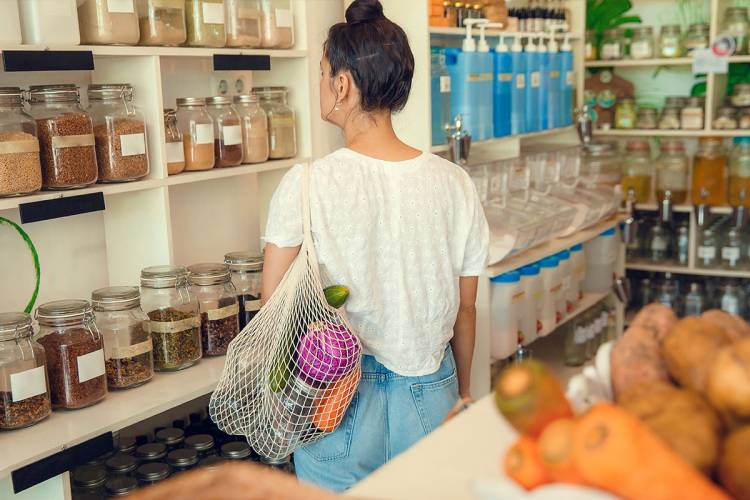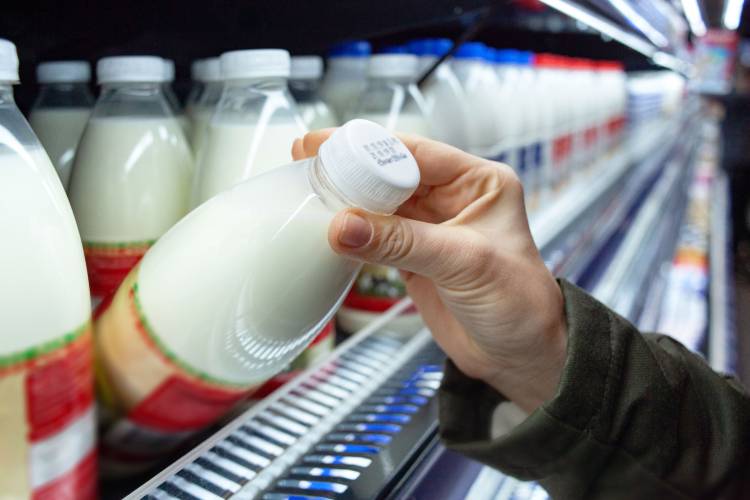What impact does food waste have on the environment?
Food habits in homes have a direct influence on greenhouse gas emissions. Find out how to look after the environment by reducing food waste.
IT’S ECO, IT’S LOGICAL
Share

The Food and Agriculture Organization (FAO) of the United Nations has calculated that we waste approximately 1.3 billion tonnes of food every year. According to a report drafted by this institution, one of the biggest food wasters are homes. The reasons are that we buy more food than we need and that it expires, that we poorly preserve foods and they end up going off, or we throw away a lot of food during the cooking process, out of a pure lack of knowledge.
What can we do to prevent food waste? What consequences does poor food use have for the environment? We tell you below.
Consequences of food waste for the environment
According to the United Nations Organisation, food waste alone produces 10% of greenhouse gases, becoming one of the major problems of climate change. Globally, food waste represents 3.3 billion tonnes of C02 emissions each year.
In addition to the environmental impact, the waste also leads to economic, moral and ethical consequences. Indeed, unfortunately, a significant proportion of the world’s population suffers from hunger.
Keys to reducing food waste at home
- Shop sustainably: only buy what you need and what you will consume so the food doesn’t spoil in the cupboard or fridge.
- Try to buy loose and cut items: even though packaged formats are very practical, they don’t always meet the needs of all types of family. Buying loose items is usually an advantage for homes with fewer people.
- Avoid large portions on plates so you don’t waste food: Serve what you are going to eat and no more!
- Preserve foods correctly: knowing where to store each food is extremely useful to extend their use life.

- Look at the best before date: This applies to non-perishable products and indicates that, after that date, the quality of the product may be reduced in terms of its properties or qualities, or its organoleptic characteristics may have been altered (smell, flavour, etc.). Past this date, the product may have lost some properties, but it continues to be safe.
- Reuse organic waste: one of the things you can benefit from in doing this is making domestic compost, which is the process of transforming organic material through the action of micro-organisms and which results in the creation of compost. This way, you help to protect the environment by reusing organic waste and you generate less rubbish.
- Teach our children how to consume responsibly: raising awareness about the importance of protecting the environment starts in our homes.






